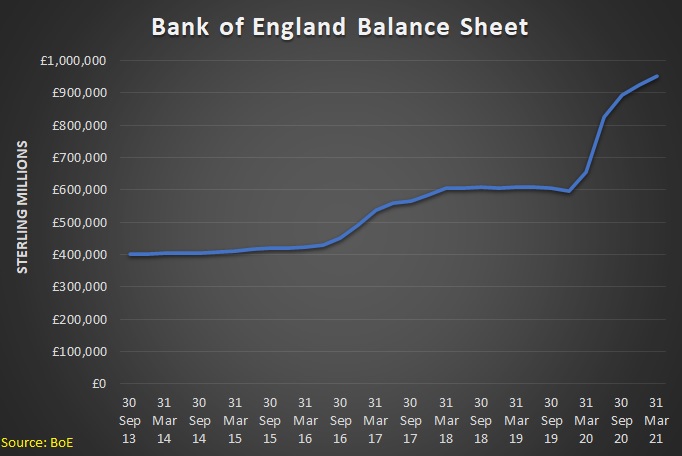The British economy recently has been hammered by rising prices for the same reason that the American economy and the Eurozone economies were hurt by inflation.
Simply stated, central bankers engaged in reckless monetary policy.
And the Bank of England was no exception (even if it doesn’t want to accept responsibility for the damage it caused).
For purposes of today’s column, the main lesson to be learned, as Milton Friedman taught us many years ago, is that “inflation is always and everywhere a monetary phenomenon.”
But lets focus on a practical application of that lesson, which is that politicians should not inaccurately blur the lines between monetary policy and fiscal policy.
I’m motivated to address this issue because of a story, written by Kylie Maclellan and Andy Bruce, that was published last week by Reuters.
British finance minister Jeremy Hunt said…he would not implement tax cuts that would push up inflation… Hunt…hopes will revive the fortunes of both a stagnant British economy and the governing Conservatives…
He has been under pressure from some Conservative lawmakers who, alarmed at the opposition Labour Party’s big lead in opinion polls, have demanded he deliver tax cuts.
“We do want to bring down the tax burden but we will only do so responsibly,” Hunt told Sky News. “The one thing we won’t do is any kind of tax cut that fuels inflation.” …Hunt’s options are limited after heavy state spending on the COVID-19 pandemic…
“If we’re going to be a dynamic, thriving, energetic, fizzing economy, we need to have a lower tax burden,” Hunt told Times Radio, adding that the only way to bring personal taxes down was to spend public money more efficiently.
Mr. Hunt is wrong to imply that tax cuts have anything to do with inflation.
Which leads us to ask why he would create a false linkage. There are two possible explanations.
- He thinks Keynesianism, with its misguided focus on aggregate demand, is the correct way of understanding the economy.
- He doesn’t want significant tax cuts and is using inflation as an excuse so that his party can continue to spend more money.
For what it’s worth, both explanations are probably accurate, which explains why the U.K. Conservative Party is in such bad shape and will be resoundingly – and deservedly – defeated in the next election.
Republicans in the United States should (but probably won’t) learn from what’s happening on the other side of the Atlantic.

No comments:
Post a Comment